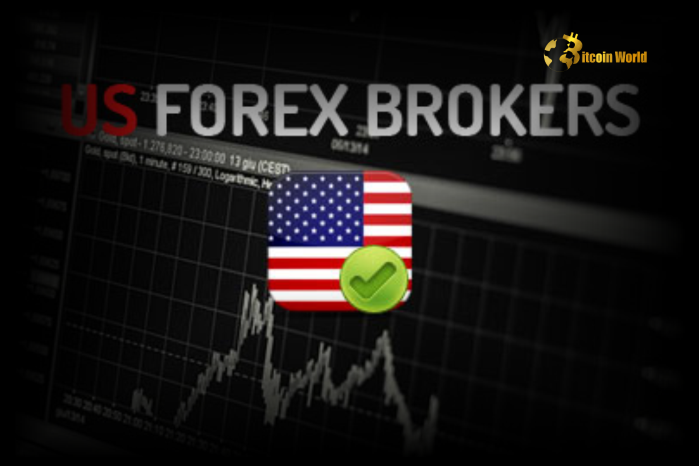How to Choose a Forex Broker in America
How to Choose a Forex Broker in America
Blog Article
How to Get Started with Forex Trading in the US
Foreign exchange, or Forex trading, brings an incredible number of members in the United States every year. Its utter size and liquidity ensure it is one of the very interesting markets globally. However, forex in america. requires a unique and rigid way of regulating Forex activities. If you're trying to business currencies or just want to understand how legal frameworks form the Forex market, understanding these regulations is crucial.

Important Appropriate Frameworks Shaping Forex in the US
Forex regulation in the United States stands apart because complete risk regulates and client protections. Two leading government figures oversee many Forex activities:
• Thing Futures Trading Commission (CFTC)
• National Futures Association (NFA)
The CFTC, created in 1974, is assigned with regulating the futures and options markets, foreign trade included. The NFA, as a self-regulatory business, performs carefully with the CFTC to enforce principles and keep equity in trading practices.
Subscription and Submission
Every Forex supplier or broker employing U.S. people must enroll with the CFTC and NFA. These entities are also needed to stick to demanding working criteria, including:
• Minimum web capital demands (often more than in different countries)
• Continuous audits
• Solid anti-money laundering (AML) plans
• Clear risk disclosure
Violations can lead to significant fines or a permanent ban from the market. That regulatory framework seeks to avoid fraud, defend investors, and improve market integrity.
Key Restrictions on Forex Actions
Foundational rights affect how Forex works in the U.S.:
• Power limits: The NFA models a maximum control of 50:1 for important currency pairs and 20:1 for minors. This really is far lower than several worldwide areas, helping protect new traders from substantial losses.
• Segregation of resources: U.S. legislation involves that client funds are held separate from broker working funds. This calculate safeguards traders in the case a broker becomes insolvent.
• Marketing and disclosure: Firms should clearly explain risks, fees, and trading mechanisms to clients. Deceptive or extreme solicitation techniques experience rigid penalties.
Enforcement and Penalties
U.S. agencies frequently monitor for fraudulent systems, insider trading, and illicit market manipulation. Statistical data from enforcement reports shows a consistent structure of penalties and settlements recently, highlighting constant vigilance. That setting, while stricter than most parts of the planet, produces a better enjoying field for retail and institutional traders alike.
What things to Consider as a US Forex Trader
New tendencies disclose a continuing rise in regulatory actions, an emphasis on client training, and constant upgrades to compliance requirements. If you plan to business Forex in the U.S., it's necessary to:
• Ensure a broker's effective enrollment status
• Stay up-to-date with regulatory changes
• Review chance disclosures prior to making trades
This process decreases unforeseen losses and improves your prospects in a tightly controlled but robust marketplace. By understanding legitimate rules, U.S. traders may confidently be involved in the Forex industry while keeping within the parameters of the law.
Report this page